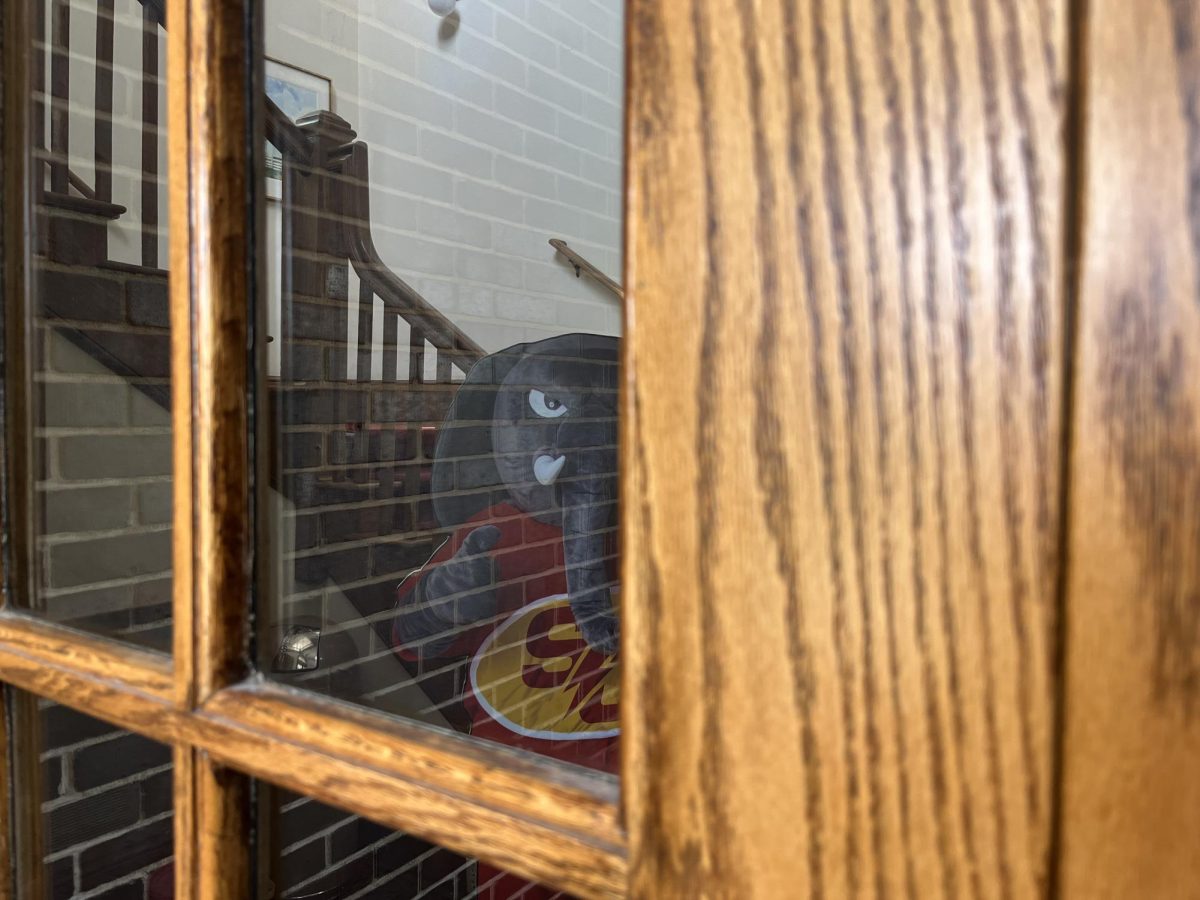The world is on fire
February 12, 2020
The existence and destruction that climate change causes is no longer a debate, but a demoralizing fact.
According to NASA, 97 percent of academic publishing scientists agree humans are to blame.
Worldwide efforts to combat global warming on a large scale haven’t produced enough results. The United States’ withdrawal from the Paris Agreement indicated a lack of commitment by the most powerful nation.
This relaxed demeanor isn’t new. The Reagan administration set back environmental progress decades when he removed President Jimmy Carter’s White House solar panels.
It’s clear the problem won’t be solved by top-down action. Those in power have demonstrated either an unwillingness or inability to make meaningful changes.
Rather than looking for a comprehensive plan, the solution may lie with individual communities, including Simpson College, stepping up and doing their part.
Recently, various groups within the Simpson community have made attempts to combat climate change on a small-scale.
Every year, Simpson’s Student Government Association funds a campus improvement project. The 2019 campaign is focused on sustainability.
This year, a new group known as the Sustainability Club was formed with one goal: making Simpson more ecologically sustainable.
“At Simpson, we’ve been working on a few different ways to have a more positive impact on the planet,” sustainability club representative Amron Born said. “We’re currently working on a project to put solar panels on the roof of Kent and power the building with solar.”
Thanks to the club’s efforts, the college has implemented small changes to lessen our carbon footprint. There is a campus bike-share program that encourages students to use alternative modes of transportation.
Plastic straws have also been eradicated from Kent Campus Center’s dining area, but even this small step has faced pushback.
Responsibility must first be placed on individuals. Small everyday choices made by several individuals make up the impact of a community. If you do not know what you can do, reach out to the Sustainability Club for advice.
Bigger commitments, like mine to eliminate meat from my diet, will soon become less of a personal preference and more of a dire requirement for all. Work to change your habits now and the transition will be easier.
We can’t continue passing the blame to others and must take responsibility for our own footprints.
I encourage my peers to first take stock of their choices and the ensuing consequences. Rather than complaining about flimsy paper straws, focus on the detrimental impact of the alternative.
It’s the first necessary step in creating a Simpson community dedicated to combating climate change.
Several small communities make up a movement of change. Only then can we expect our elected leaders to join the worldwide environmental coalition.






